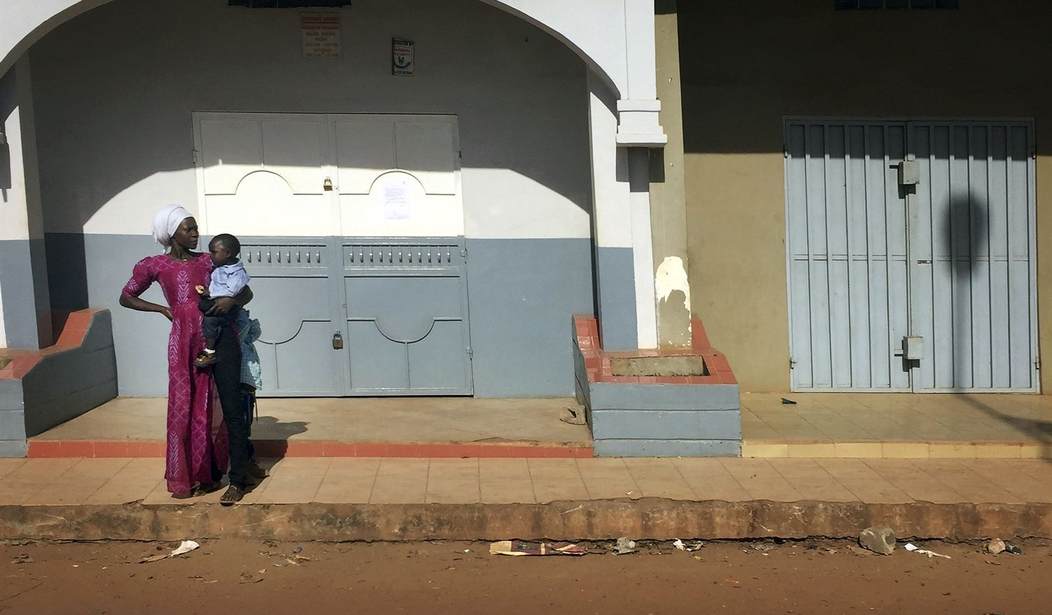Not for nothing did Alexis de Tocqueville conclude “that what made the American political system work was a culture congenial to democracy.” A lesser luminary, Lawrence E. Harrison, has isolated some salient factors that distinguish development-prone from development-resistant cultures.
Although they are rapidly being transformed, Western cultures emphasize the future; view work as a blessing rather than as a burden; promote individuals based on their merit; value education and frugality, are philanthropic, identify with universal causes, and have higher ethics.
In static cultures, individuals tend to be fatalistic rather than future-oriented; live for the present or past; work only because they need to; diminish or dismiss the value of education, frugality, and philanthropy; are often mired in nepotism and corruption; and promote individuals based on clan and connections, rather than capabilities.
“I am because we are” is how one wag encapsulated the cog-like role of the individual in African culture. In advanced cultures, on the other hand, the individual, and not the collective, is paramount.
The paucity of planning and future preparation in African life, Daniel Etounga-Manguelle, a Cameroonian scholar and former adviser to the World Bank, puts down to a suspended sense of time. The reverence for the “strongman of the moment” the same thinker traces to the sincerely held belief that political strongmen harbor magical powers.
In Africa, magic wins out over reason; community over individual; communal ownership over private property; force and coercion over rights and responsibilities; wealth distribution over its accumulation.
Africans inhabit stratified societies in which “strength prevails over law,” and where “the best way to change a social system is to overthrow those who hold power.” African totalitarianism was not born with independence, cautions Etounga-Manguelle. By logical extension, it will not miraculously change following migration to the West. Instead, Etounga-Manguelle has counseled the need for a mind-freeing, “cultural adjustment program” for Africa.
Recommended
Such a cultural adjustment program, of course, lacks the Compassion Chic that marks the present system of subsidies to dictatorial kleptomaniacs.
Still, be it Africa or Arabia, the Left labors under the romantic delusion that the effects of millennia of development-resistant, self-defeating, fatalistic, atavistic, superstition-infused, unfathomably cruel cultures can be cured by an infusion of foreign aid, by the removal of tyrants such as Robert Mugabe or Jacob Zuma, or by bringing the underdeveloped world to The West. (Left-libertarian Katherine Mangu-Ward actually told Tucker Carlson that, "If we had a billion people in America, America would be unstoppable. That would be amazing.")
Alas, bad leaders are not what shackle backward peoples. Not exclusively, at least. And Africa’s plight is most certainly not the West’s fault. Rather, Africa is a culmination of the failure of the people to develop the attitudes and institutions favorable to peace and progress.
However, while human behavior is mediated by values, we'd be intellectually remiss to deny that the cultural argument is flawed. It affords a circular, rather than a causal elegance: people are said to do the things they do because they are who they are and have a history of being that way. See what I mean by flawed?
What precisely, then, accounts for the unequal “civilizing potential,” as James Burnham called it, that groups display? Why have some people produced Confucian and Anglo-Protestant ethics—with their mutual emphasis on graft and delayed gratification—while others have midwifed Islamic and animistic values, emphasizing conformity, consensus, and control?
Why have certain patterns of thought and action come to typify certain people in the first place?
Such an investigation, however, is verboten—a state-of-affairs Harvard sociologist Orlando Patterson blamed on “a prevailing rigid orthodoxy,” which is the preferred academic phrase for political correctness:
“Culture is a symbolic system to be interpreted, understood, discussed, delineated, respected, and celebrated as the distinct product of a particular group of people, of equal worth with all other such products. But it should never be used to explain anything about the people who produced it.”
This much can be said: The West is what it is due to human capital—people of superior ideas and abilities, capable of innovation, exploration, science, philosophy.
Overall, American society remains superior to assorted African and Caribbean societies because the tipping point has not yet been reached here. A preponderance of a certain kind of individual still makes a civil society possible.
We shall now attempt to answer the question posed in Part 1 of this inquiry, “Trump’s ‘Sh*thole’ Controversy Deconstructed.” The vexing question prompted by President Trump's pooh-poohing of immigration into the United States from what he crudely called "sh*thole" countries was this:
What makes a country, the place or the people? Does "the country" create the man or does the man make the country?
And the answer is no chicken-or-egg quandary.
Ultimately, human action is the ultimate adjudicator of a human being’s worth.
The aggregate action of many human beings acting in concert is what makes or breaks a society.
In other words, it is the individual who creates the collective, not the other way around. The Man makes the country what it is.
A sufficient number of bad people admitted into the Unites States of America is bound to make America not-so-great a country.

























Join the conversation as a VIP Member